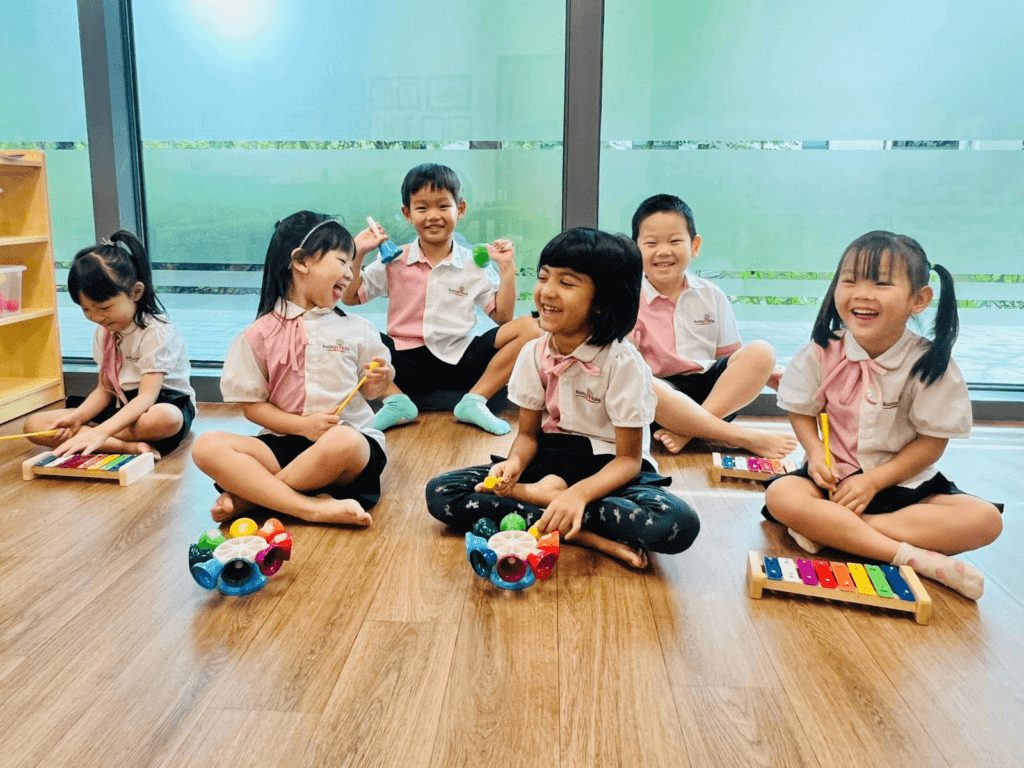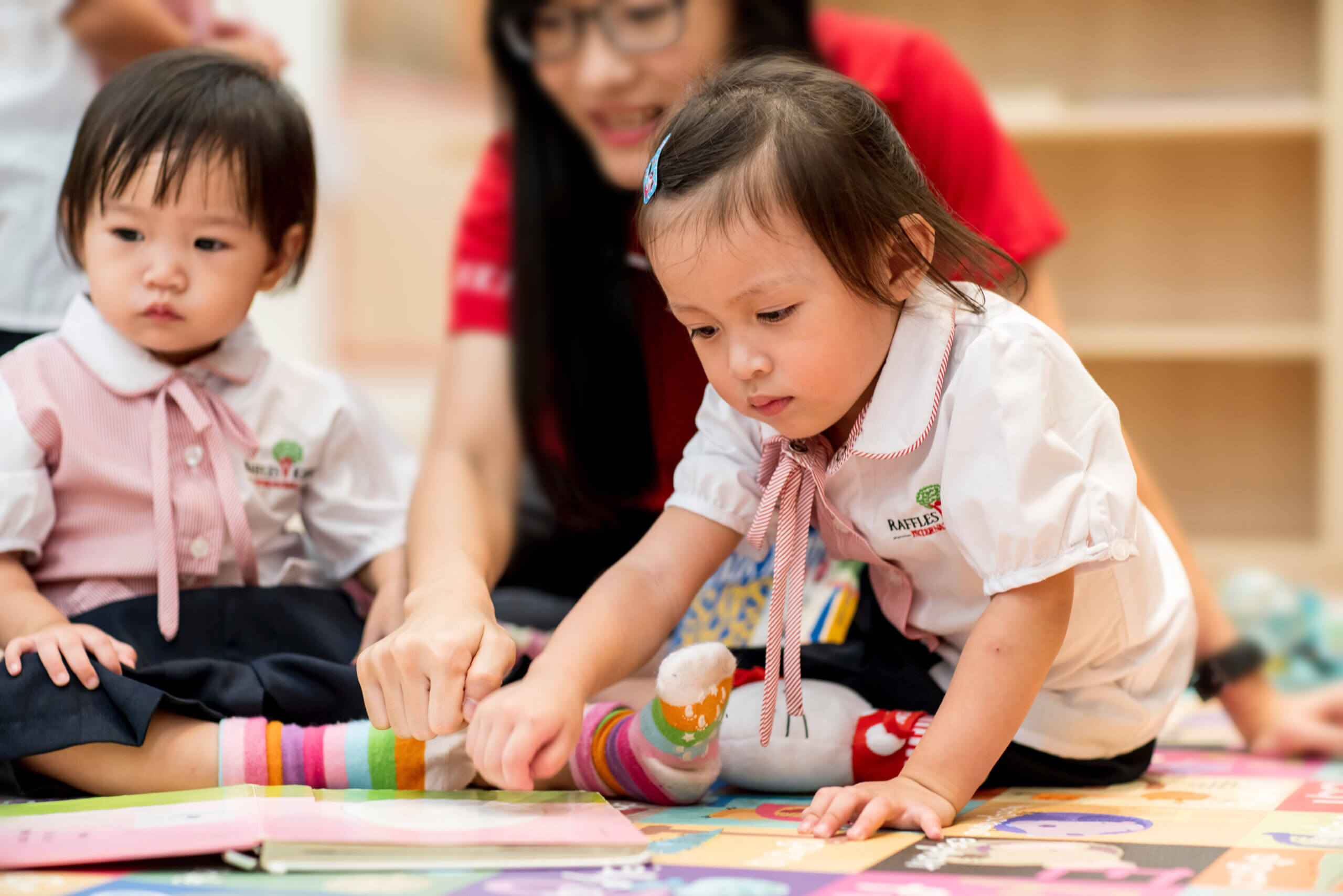The significance of nurturing independence in children during their preschool years cannot be overstated. This pivotal stage in early childhood development serves as the foundation for a lifetime of learning, self-discovery, and personal growth. Fostering independence in young learners not only empowers them with the confidence to explore and interact with their surroundings but also instils critical problem-solving skills and resilience.
“Opportunities to develop independence are immensely important for building a sense of self and self-esteem,” says Alexandra Levine from the Child Mind Institute. As such, cultivating an environment that promotes independence is crucial for equipping children with the tools they need to thrive both academically and personally in their nursery and kindergarten years.
Classroom Structure and Routine as Tools for Independence
The preschool classroom structure and routine serve as essential tools in fostering independence among children during their nursery and kindergarten years. A well-organized environment, with accessible materials and clearly defined spaces, naturally encourages children to take initiative. The predictability of events, such as circle time and playtime, provides a sense of security, allowing children to anticipate and decide how to engage in daily activities. This structured environment and consistent routine offer the necessary scaffolding for children to develop self-reliance, preparing them for more autonomous expectations in preschool and beyond.
Developing Self-Help Skills in Preschoolers
In the nurturing preschool environment, children embark on a crucial journey towards autonomy by developing self-help skills, which lay the foundation for lifelong independence. Engaging in daily routines such as dressing, managing personal belongings, and navigating meal times independently builds their confidence. Preschool teachers play a pivotal role by fostering an environment that encourages trial and error, offering support without diminishing the child’s opportunity to learn through doing. This balanced guidance cultivates a sense of achievement and self-reliance among young learners. As preschoolers master these essential skills, they not only prepare for academic demands but also develop a mindset that embraces challenges with resilience and determination.
Encouraging Decision-Making Through Choice
Providing preschool children with choices, such as selecting between apple slices or carrot sticks at snack time or choosing an activity station, empowers them to make decisions. This autonomy boosts their confidence and enhances problem-solving skills. By giving children the freedom to choose, they learn to weigh options and understand the consequences of their decisions in a supportive setting. This process nurtures their sense of self and ability to think independently. As children navigate daily choices, they develop critical thinking skills that lay the foundation for lifelong learning and decision-making abilities.
The Role of Play in Promoting Independent Thinking
Purposeful free play offers preschool children a safe and expansive canvas to explore, experiment, and express their individuality, crucial for developing independent thinking. Engaging in play allows children to make choices, solve problems, and navigate social interactions on their own terms, fostering independent thought. These activities require decision-making without direct adult intervention, boosting confidence in their ability to think independently. Moreover, play fosters creativity and imagination, enabling children to explore different scenarios and outcomes in a risk-free environment. This nurtures autonomy and personal growth during their nursery and kindergarten years.
Conclusion
In conclusion, preschool plays a pivotal role in fostering independence in children through structured environments, consistent routines, the development of self-help skills, decision-making opportunities, and purposeful play.
At Raffles Kidz Singapore, we recognize the importance of nurturing children to become confident independent learners. Our open classrooms are filled with various educational toys that encourage free purposeful play and multiple learning spaces such as Lego walls, magnetic walls, and reading corners motivate self-exploration. Our inquiry-based/Montessori teaching approach further supports this by encouraging self-paced learning based on children’s interests, ensuring each child develops at their own pace and builds confidence in their abilities. Find out more about our curriculum and visit a Raffles Kidz preschool near you today!






 Raffles Kidz
Raffles Kidz